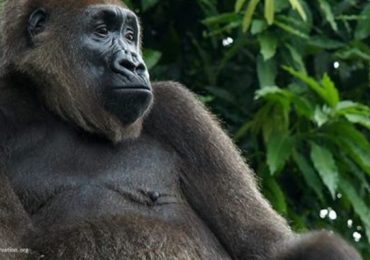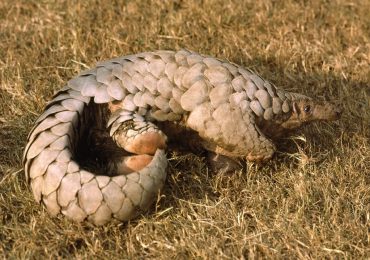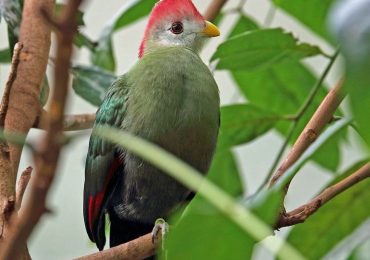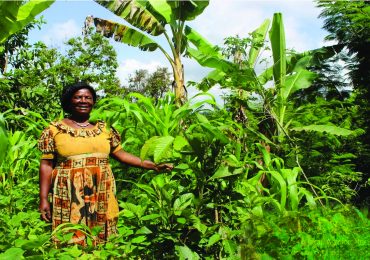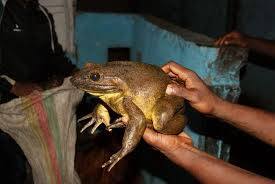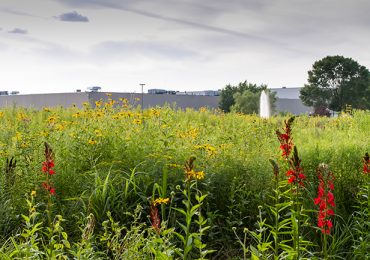The least concern primates in the Deng Deng National Park-Belabo Council Forest are of great concern today. The four species of least concern primates including the putty nosed monkey, the black and white colobus, the mona monkey and the green monkey have been on a drastic decline.
Traders and residents in the peripheral communities have confirmed that the supply of these primates’ species in the local bush meat market has greatly reduced owing to over hunting and habitat destruction. The primates in this area are therefore threatened seriously. When primates are threatened, ecosystem is also threatened. The massive reduction of primates through hunting in the Deng Deng national park-Belabo Council forest is of great concern. This is due to the fact that primates are agent of seed dispersal and natural ecosystem engineers. In a study conducted in the Dja Biosphere Reserve, it was observed that in an analysis of faecal clumps 40% of monkey faecal clumps possessed whole seeds meaning that the monkeys are focal species acted as seed dispersers. Monkeys have an average seed passage time of 22 hours and defecation rate of five times per day. If this is true, then the over harvesting of monkeys remain problematic to our ecosystem. It is noted that Putty-nosed monkeys often consume seeds and fruits away from the initial parent site, which positively impacts the forest’s diversity. This is because while putty-nosed monkeys forage, they fill their cheek pouches with food and thus play a large role in seed dispersal.
Putty nosed monkey (agent of seed dispersal
Seed dispersal has been noted to facilitate the recruitment of plants, which has great influence on the spatial distribution of forest plants and the maintenance of biodiversity. Primates play an important and special role in plant recruitment and vegetation regeneration in the form of feeding on fruits and dispersing seeds. The selection of different fruits is not only closely related to the quality of fruits and the feeding competition of sympatric animals, but also varies greatly with morphological, physiological, and behavioral features of different primates. Seed dispersal by many primate species helps to restore degraded habitats.
Despite the International Union for the Conservation of Nature (IUCN) classification of some primates as least concern, these species are of great concern because their numbers are greatly reducing and therefore needs species attention. As we strive to conserve the great apes which are major ecosystem engineers, we should not lose sight on the least concern which are great threatened and can result to local extinction, thus defeating classification as least concern.



